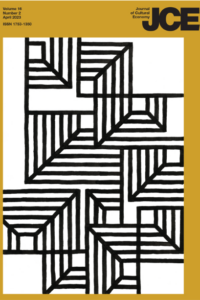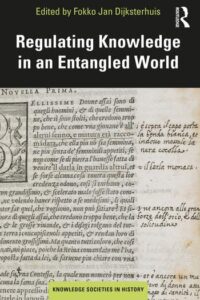What social forces shape the trajectory of novel, moralized forms of finance such as social finance, green finance, or Islamic banking and finance? More broadly, how do agents mobilize arguments and organize each other to create any form of financial innovation?
This article addresses both questions by contributing an ethnography of a novel financial innovation pseudonymously named Sukuk Illumination, an internationally traded moral alternative to a corporate bond.
This article’s findings both elaborate and subsume existing functionalist and critical explanations of financial innovation. The central argument is that we can better understand what causes financial innovation and the trajectory that new innovations take when we conceptualize each financial instrument as a polysemic cultural object materialized in legal contracts and institutionalized work practices and created by parties with asymmetric power to define the new object.
Financial innovation necessarily involves multiple parties in a financial service commodity chain with multivalent motivations co-producing and hotly debating interpretations of the prospective financial instrument while simultaneously creating, refashioning, and differentiating existing relationships with one another. Sukuk Illumination demonstrates both the potential and constraints for creating new moralized financial instruments and for transforming financial systems.


